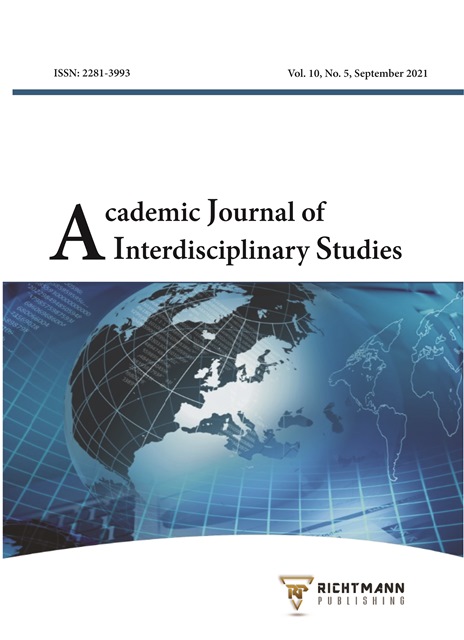Law on Reservations to Human Rights Treaties: Historical Development and Its Prospects
DOI:
https://doi.org/10.36941/ajis-2021-0129Keywords:
Reservations to human rights treaties, Historical development of the law on reservations, Reservations and multilateral treaties, Reservation under VCLT, Vienna regime on reservationsAbstract
The application of rules on reservations under the Vienna Convention on Laws of Treaties (VCLT) has generated a debate to revisit the Vienna regime. The rules on reservations under the VCLT have helped attain the universality of human rights treaties but at the price of integrity. The beneficial aspect of reservations is the promotion of universal recognition of human rights treaties. However, they have shattered the uniform and practical application of the provisions of these treaties. The disappointment of the treaty monitoring bodies over the VCLT’s rules on reservations to human rights treaties has resulted in the demand for a separate set of rules on reservations drawn to them. The universality and integrity of these treaties have been at the forefront of the treaty bodies and scholars. In the current debate on rules on reservations, this research tracks down the historical development of the law on reservations to multilateral treaties. It highlights the unique features of the human rights treaties and examines the application of rules to determine the compatibility of reservations. The research suggests treaty bodies adopt a novel approach to maintain the balance between universality and their integrity.
Received: 9 April 2021 / Accepted: 3 June 2021 / Published: 5 September 2021
Downloads
Downloads
Published
Issue
Section
License

This work is licensed under a Creative Commons Attribution-NonCommercial 4.0 International License.
This work is licensed under a Creative Commons Attribution-NonCommercial 4.0 International License.








